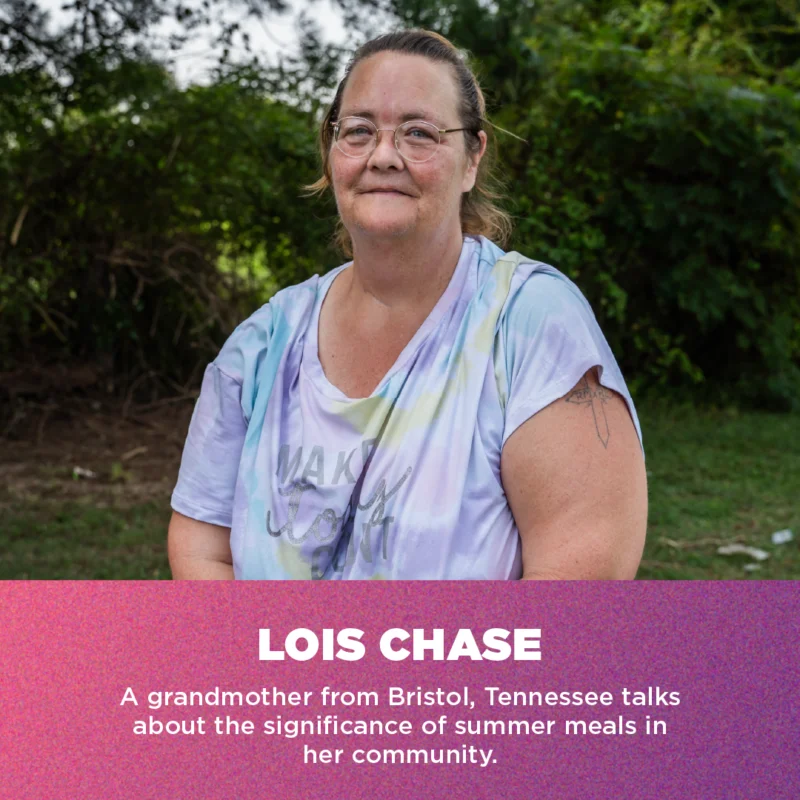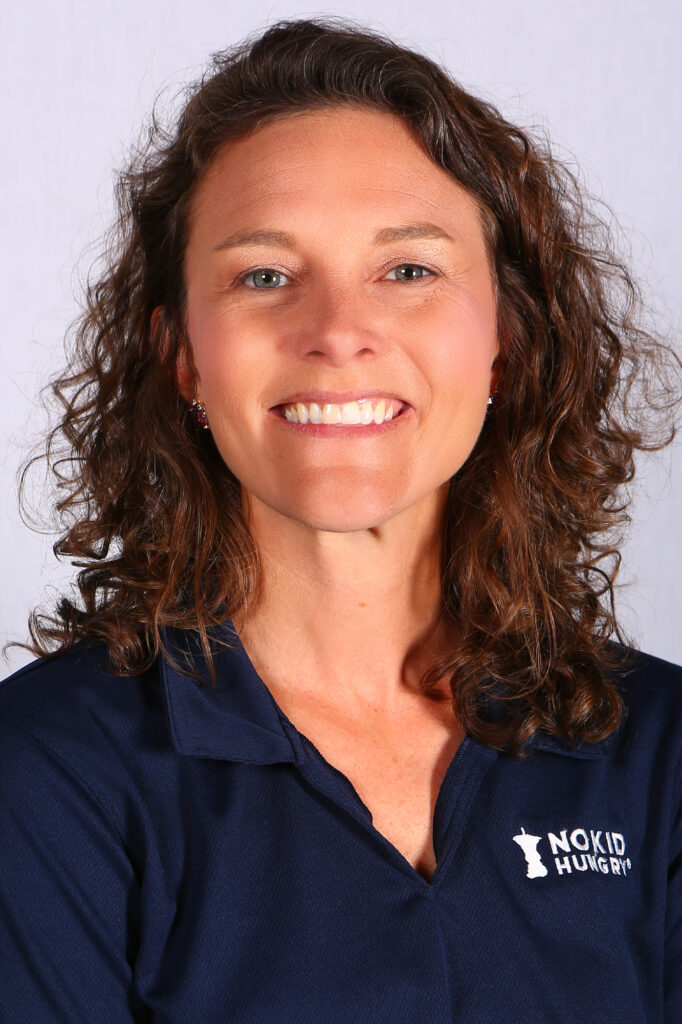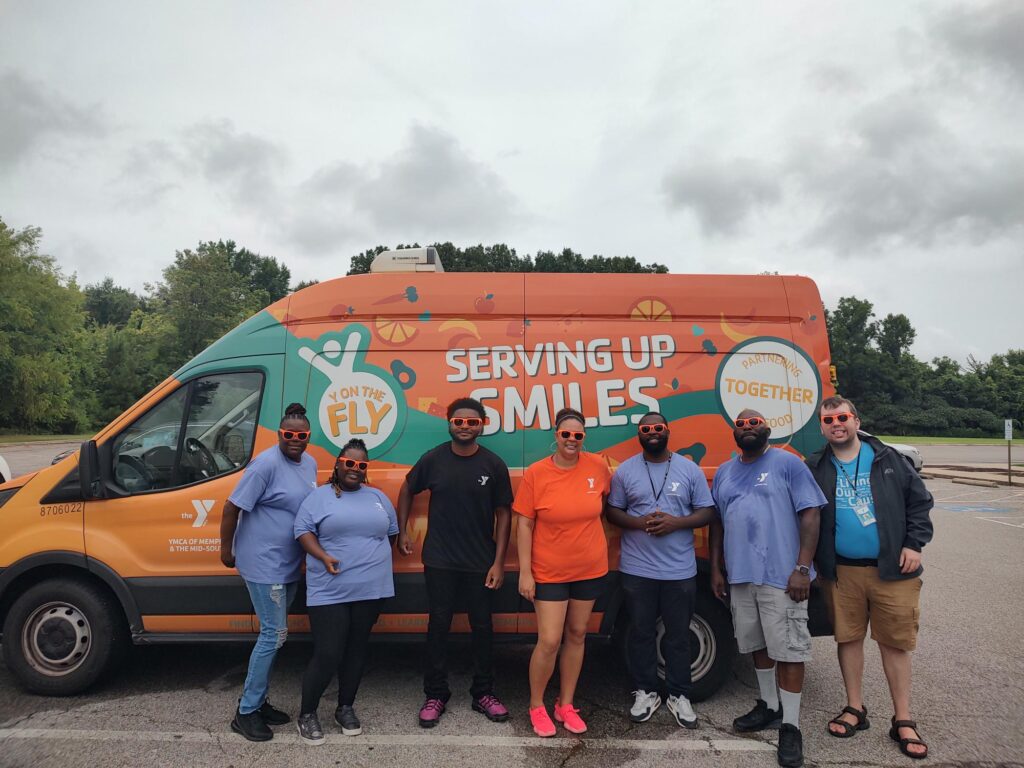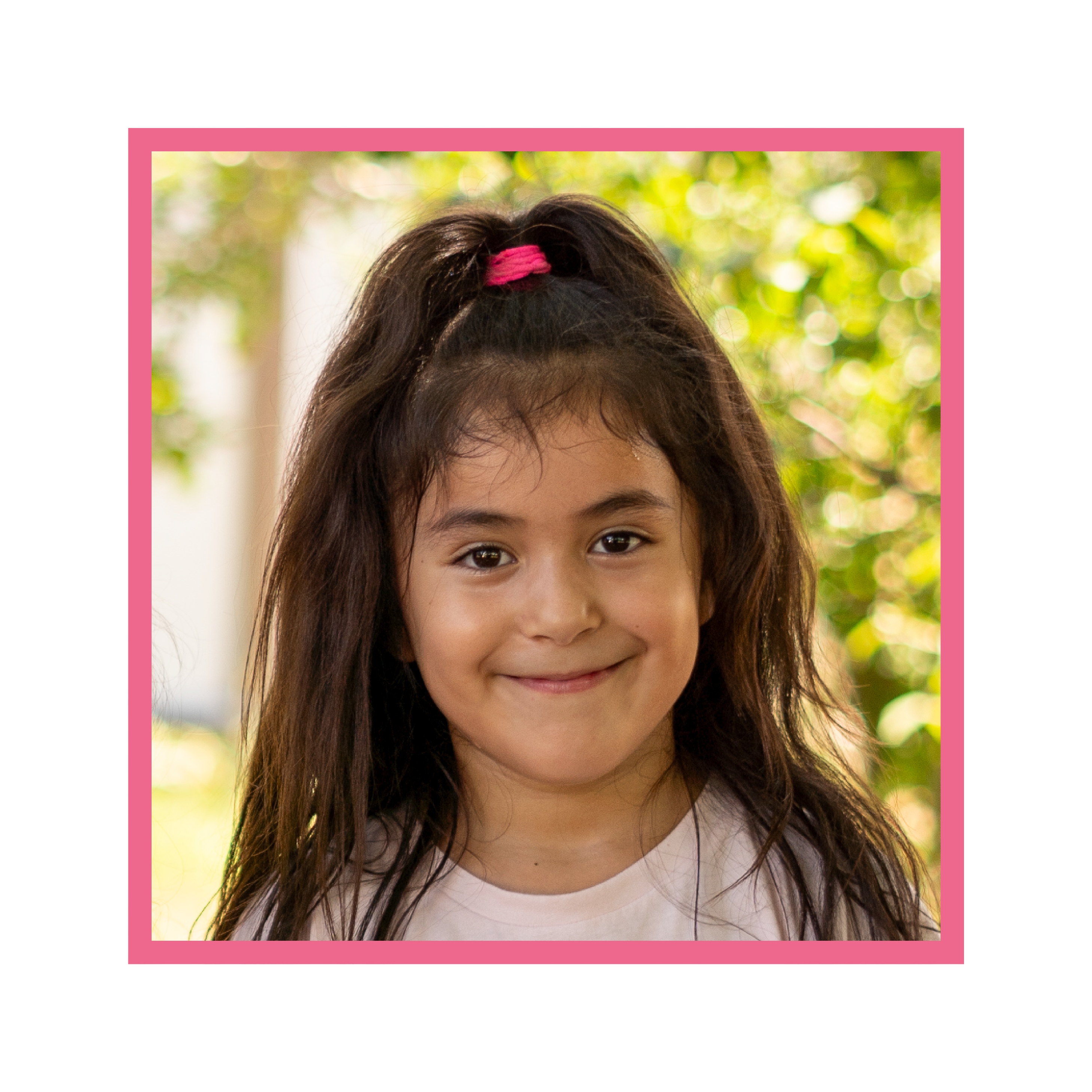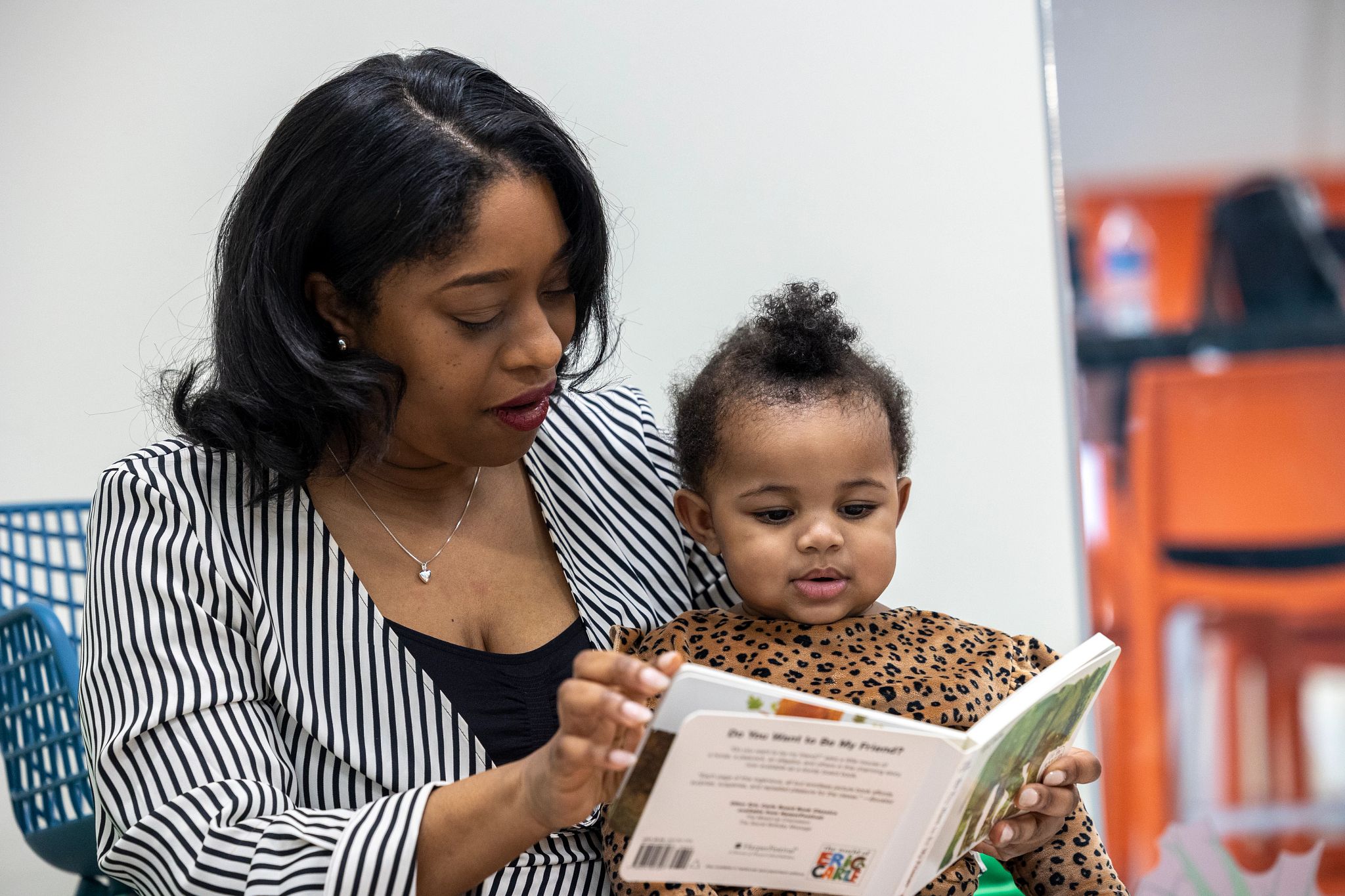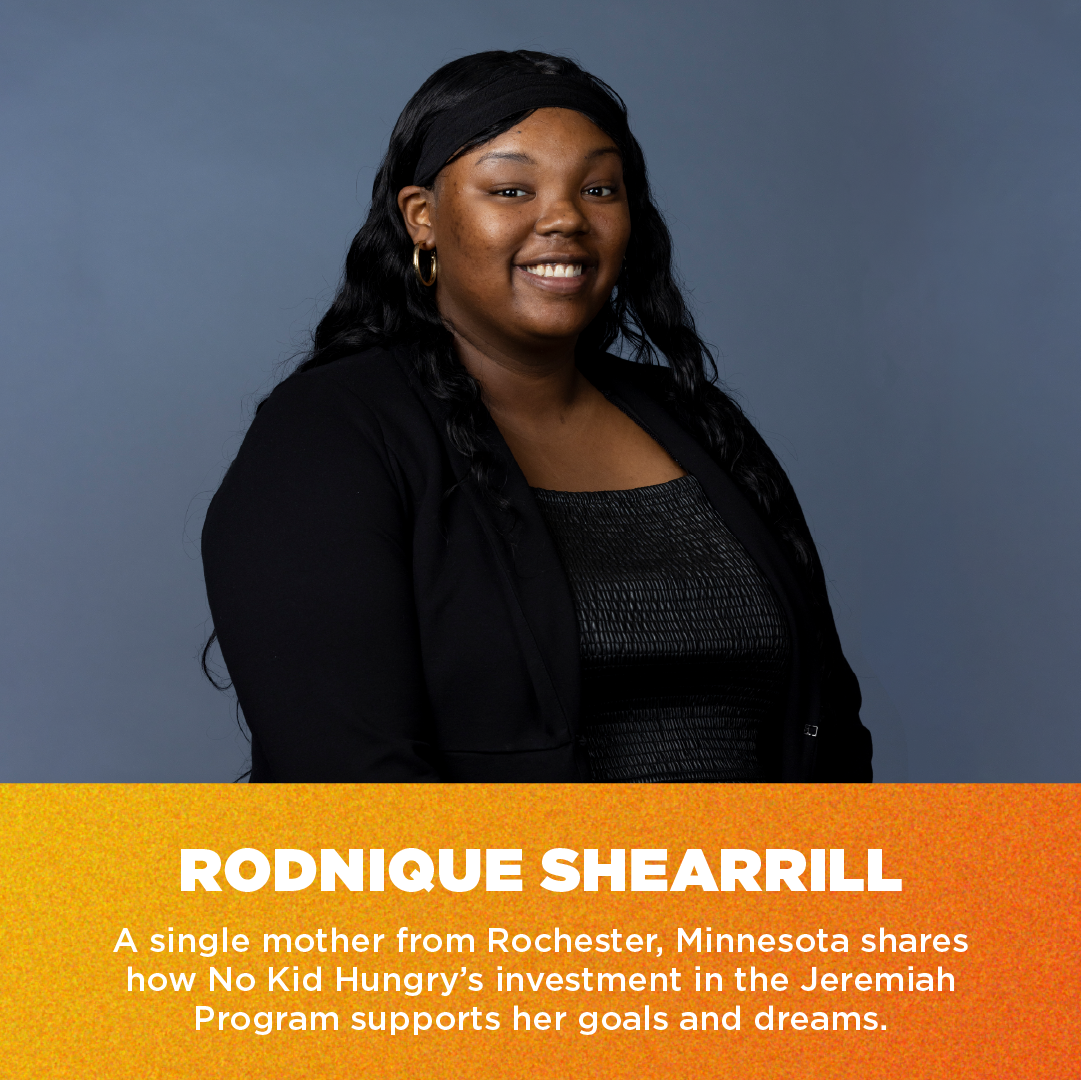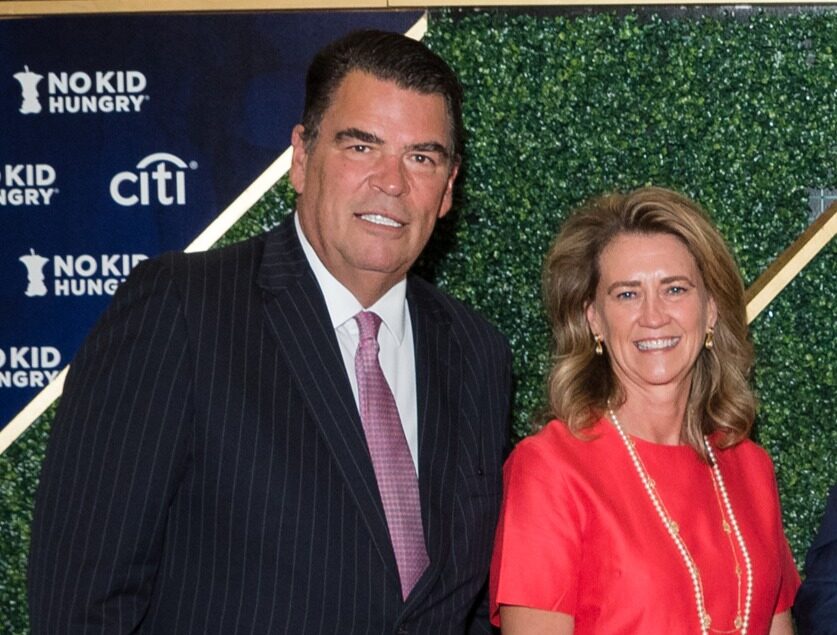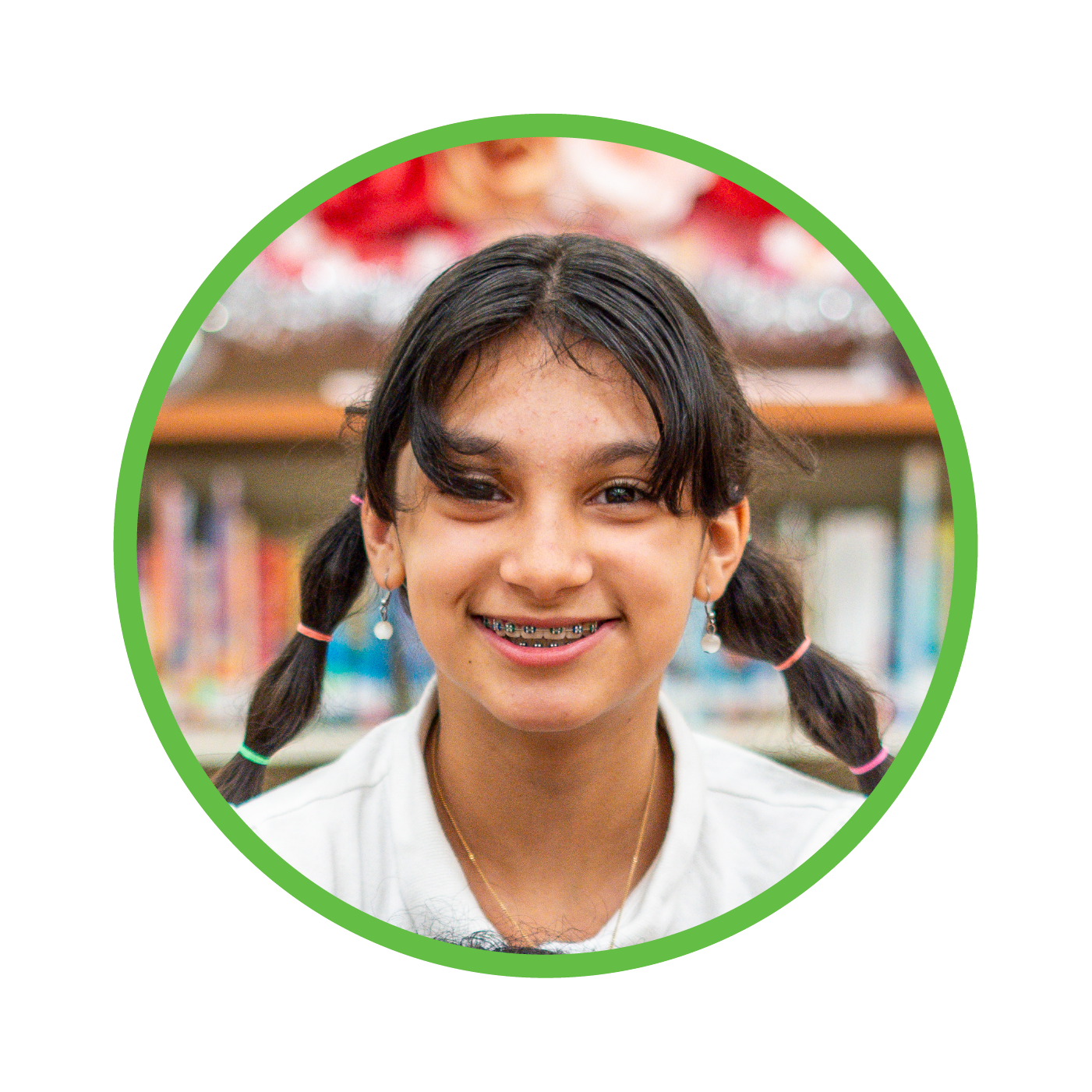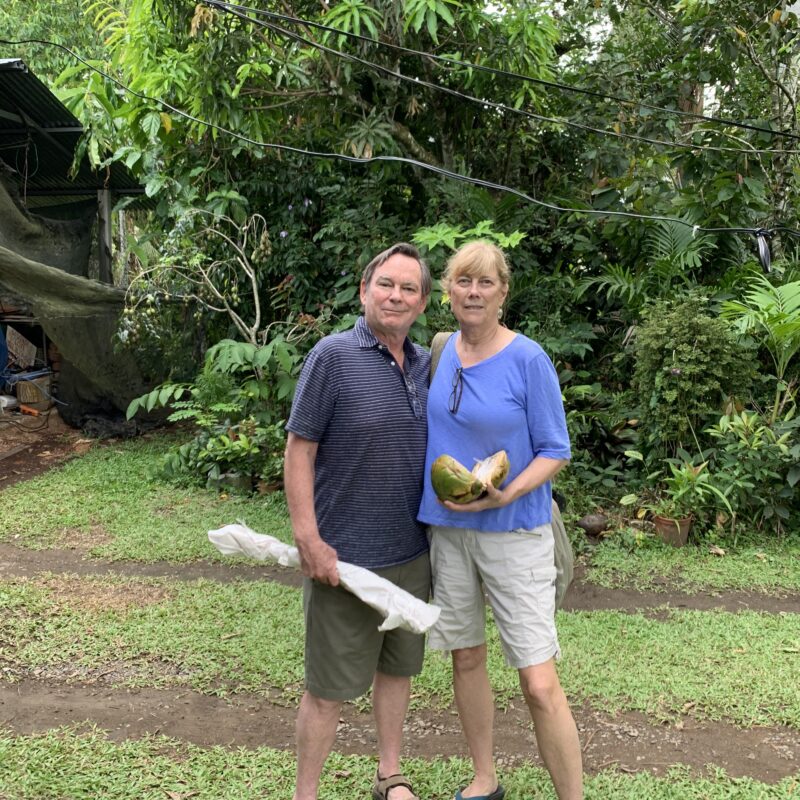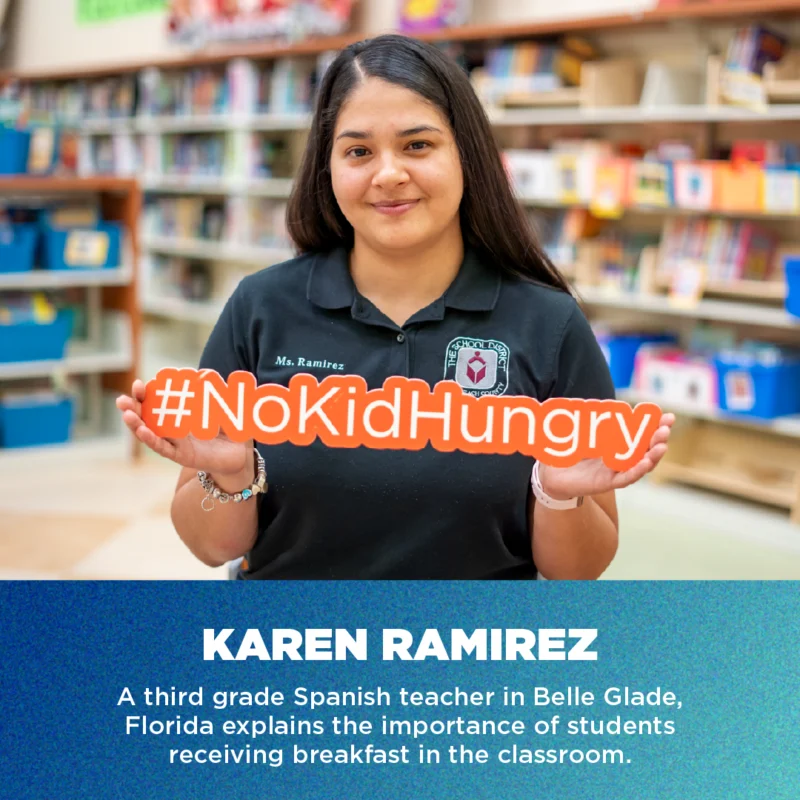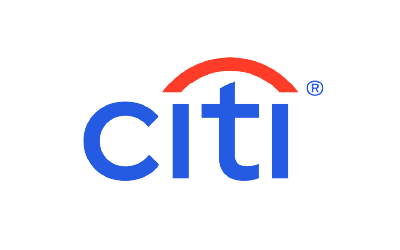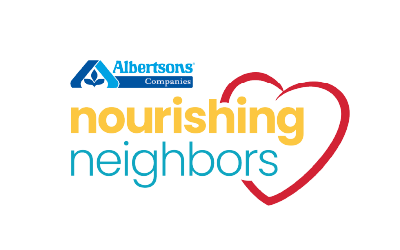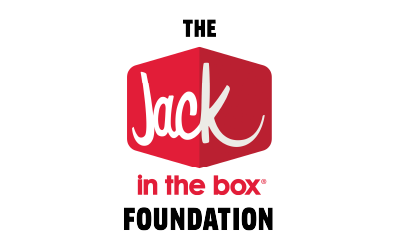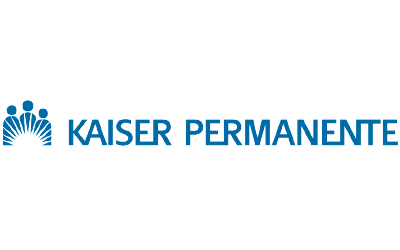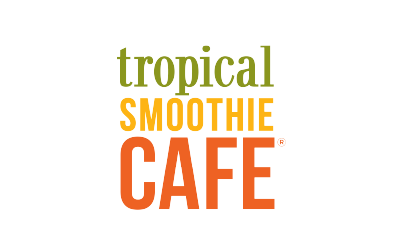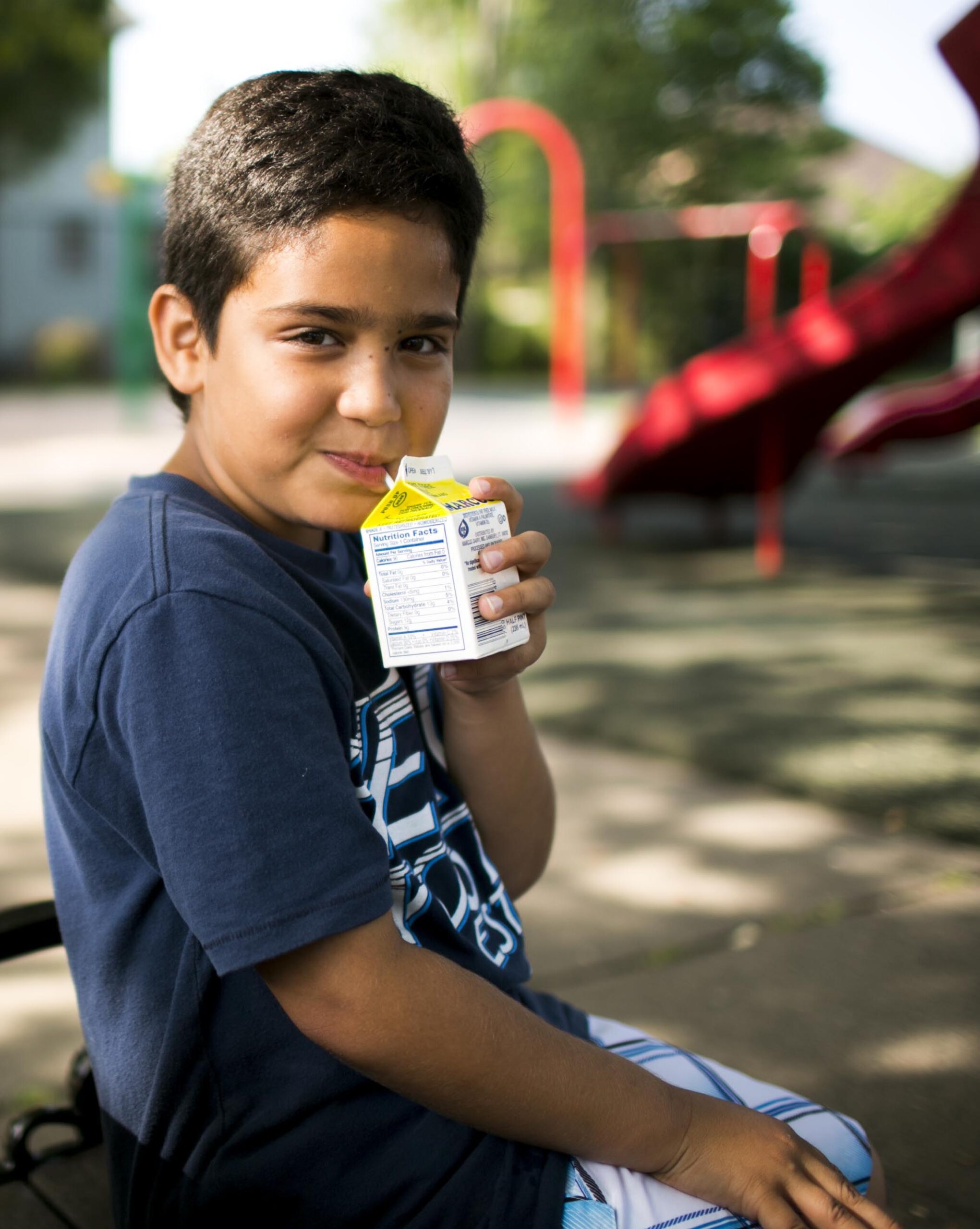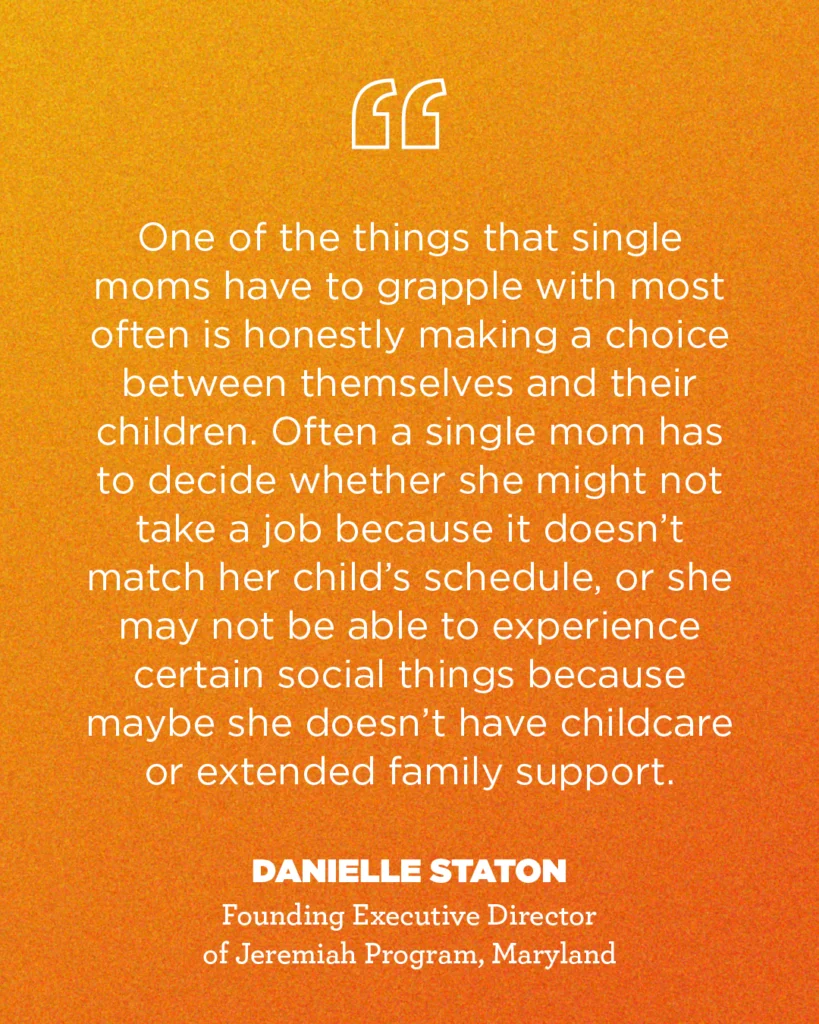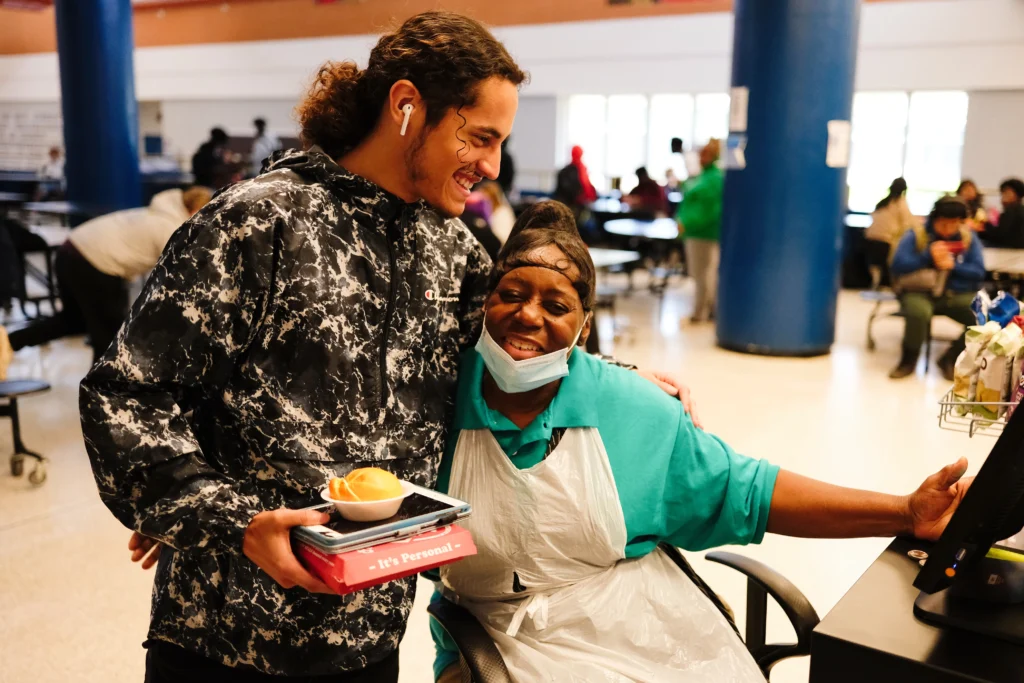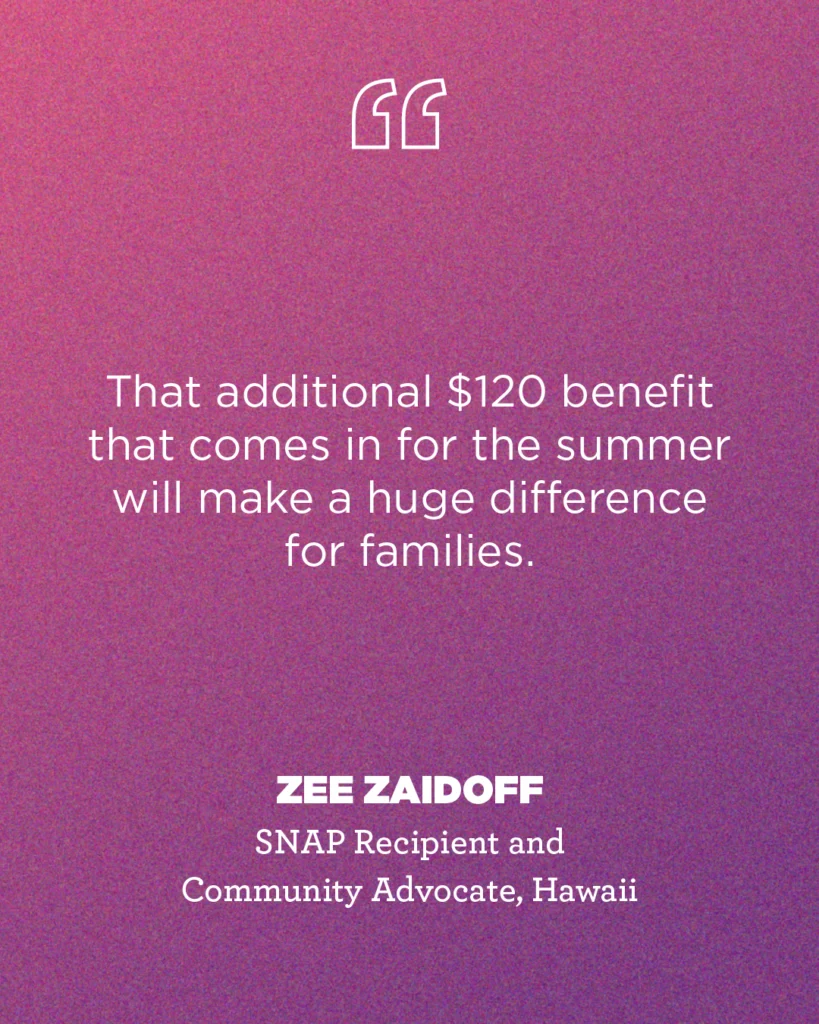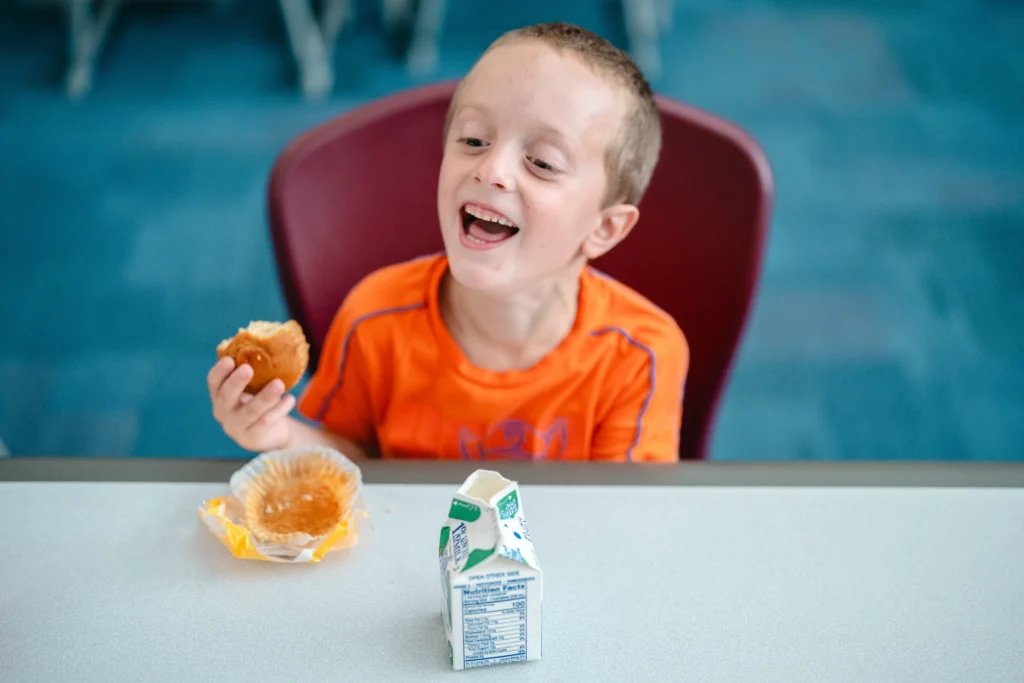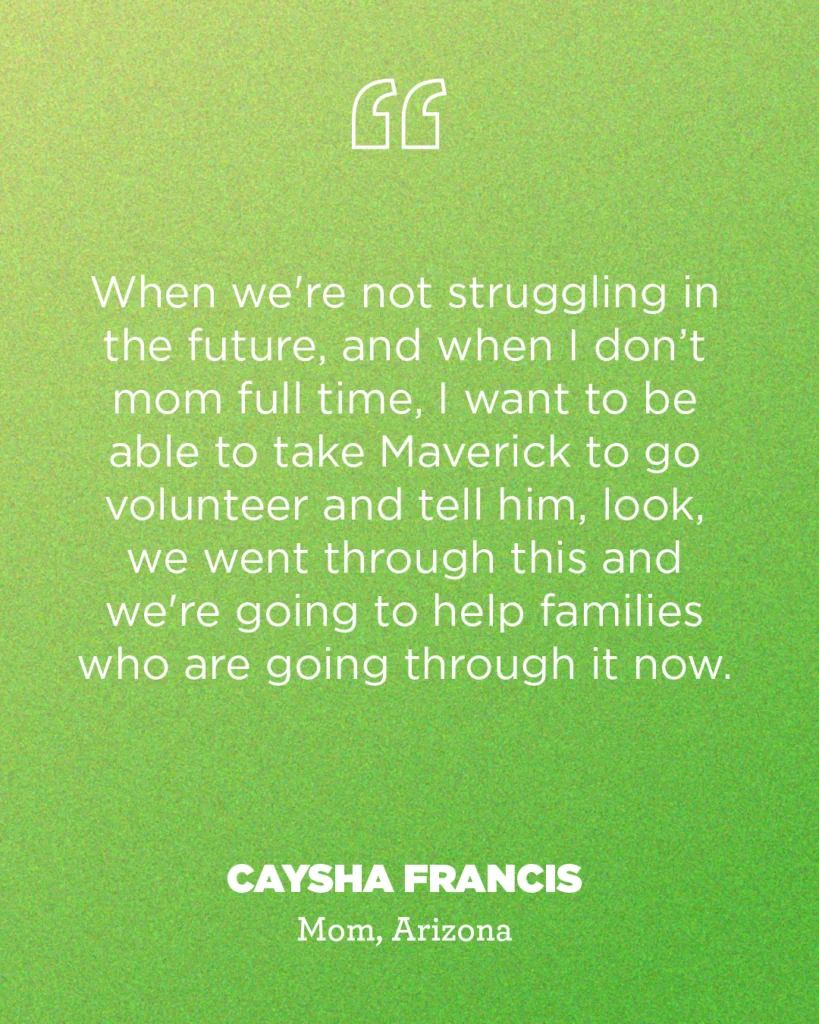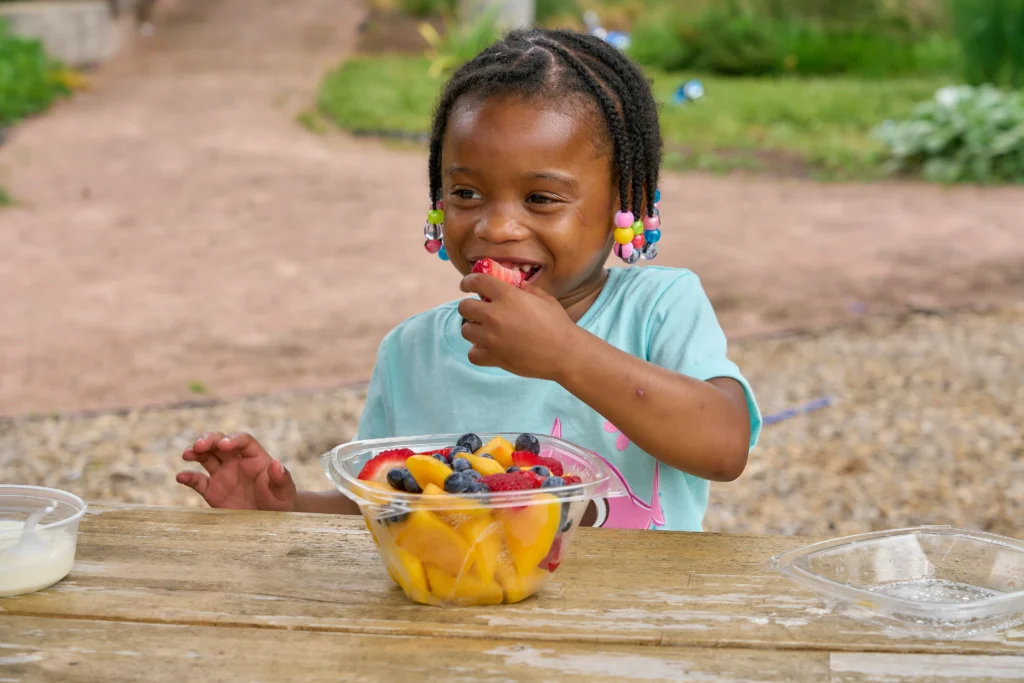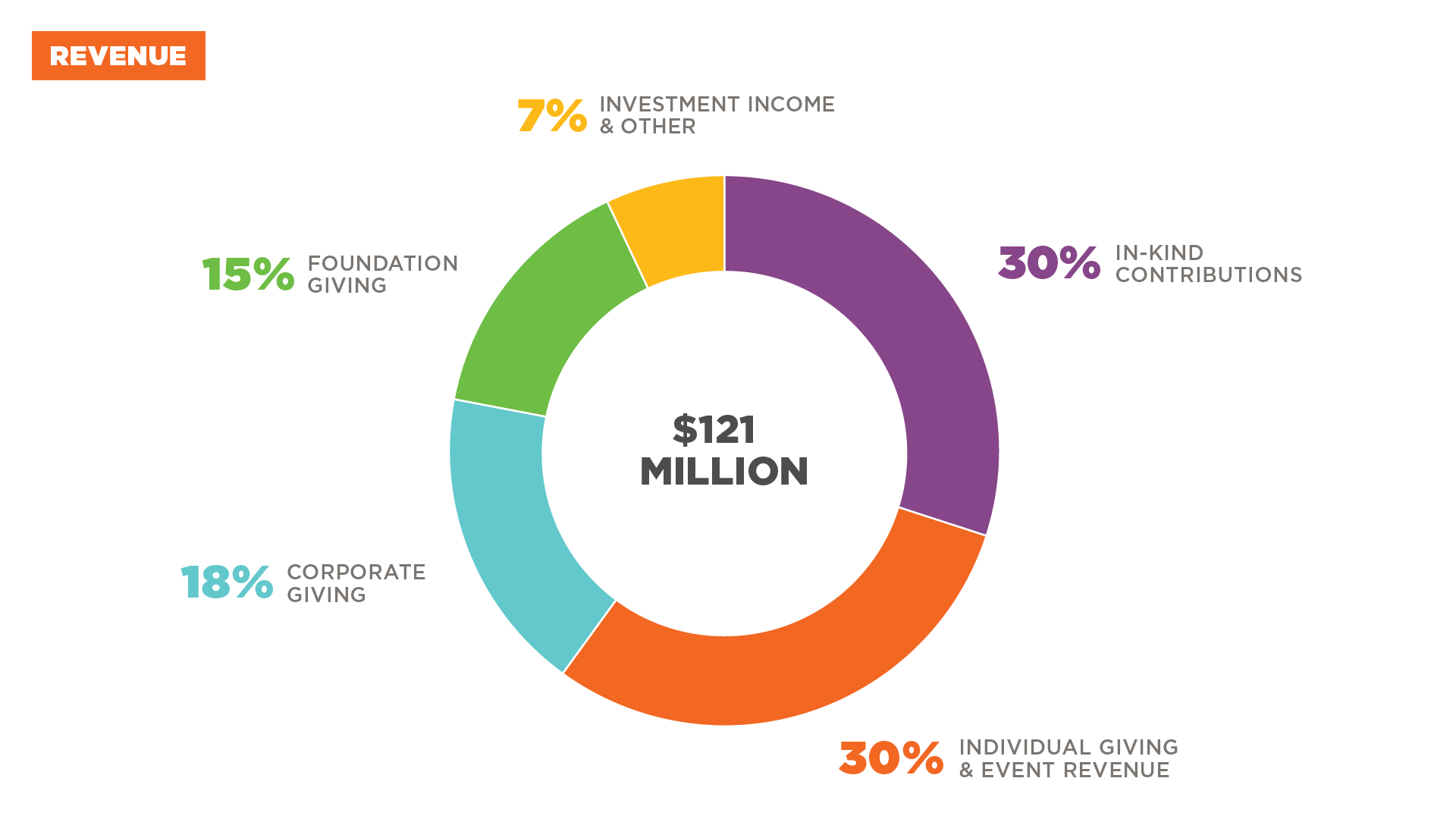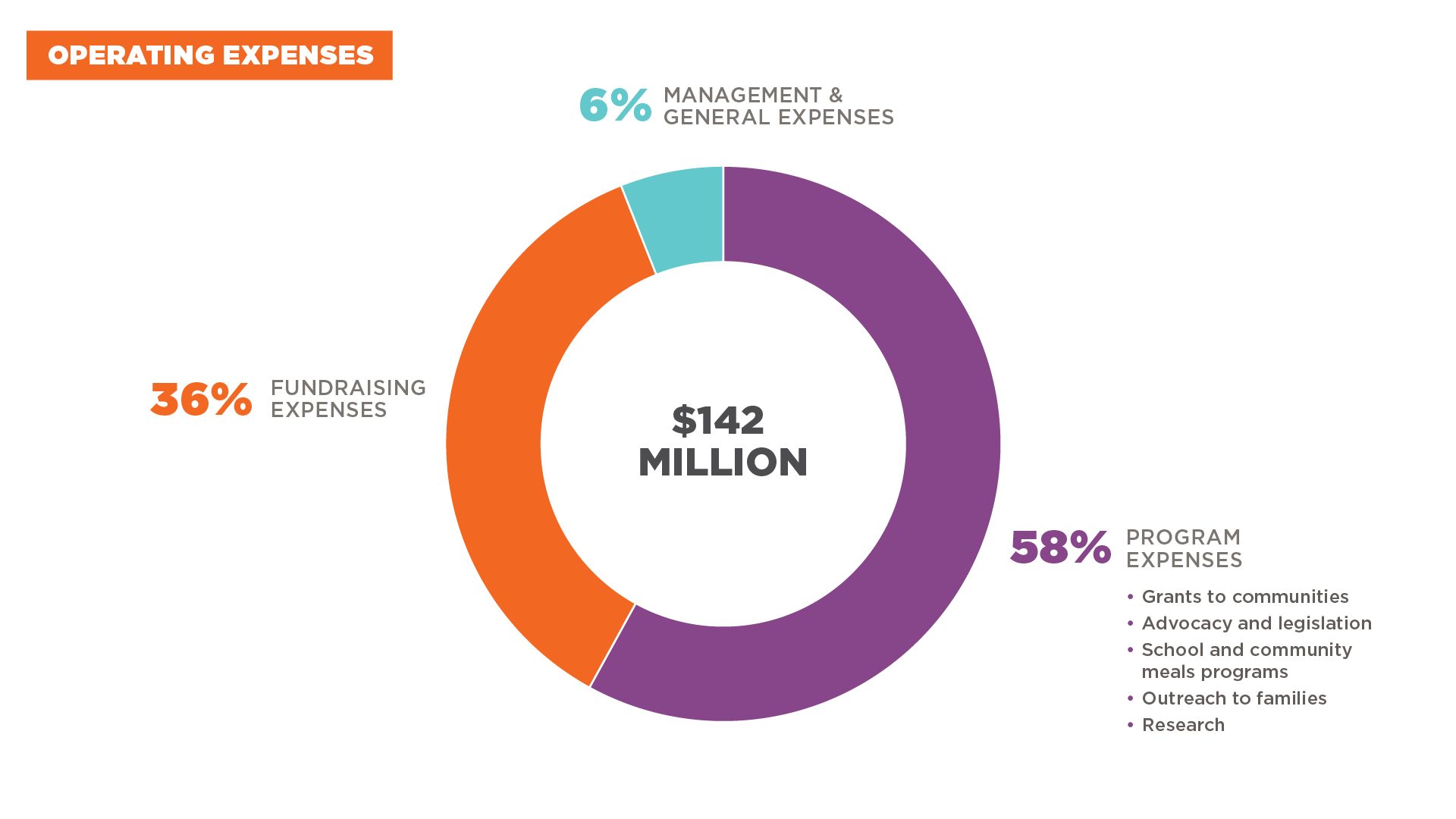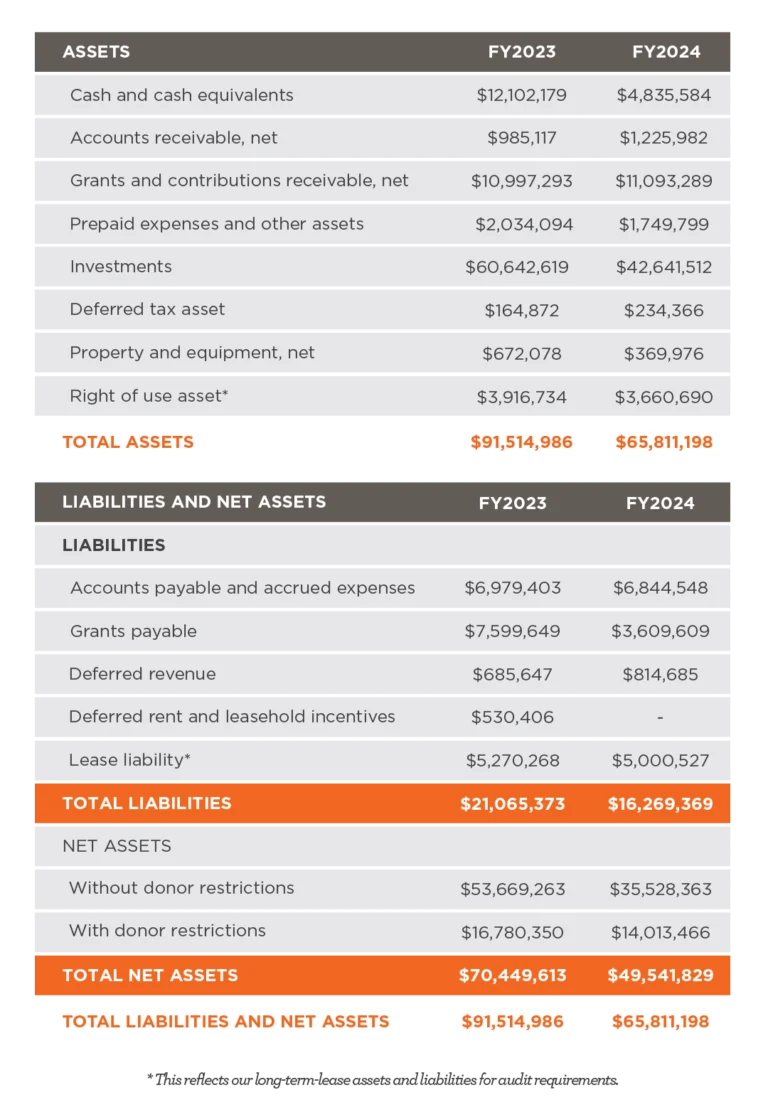Dear friends,
As a working mother with three young children, I want my kids to have the best opportunities to help them become successful in life. For my family, and so many others, having healthy food is a given, but for the families of nearly 14 million kids facing hunger in America, that is not the case.
At Share Our Strength, we know it takes a lot to end childhood hunger, but we also see what is possible. That’s why in addition to expanding school breakfast programs and increasing SNAP participation, we’re prioritizing three programmatic areas to close the hunger gap.
- Expanding Summer Meals: We’re helping states implement legislation that enables income-eligible families to buy groceries over the summer and families in hard-to-access rural communities to pick up meals or have them delivered to their homes. Because as we work to expand kids’ access to school meals, we also know they are vulnerable to hunger when school is out.
- Addressing the Root Causes: We’re investing in building economic mobility for families with a focus on single mothers and advocating for federal and state policy changes like expanded child tax credits that will provide sustainable increases in family income.
- Building a Movement: We’re generating the collective strength of people across the country who care deeply about ending hunger and poverty.
Today, we are facing uncertain and unprecedented times as a country, and that is causing confusion about the critical nutrition programs we work on, and fear among communities living with hunger. As we navigate these times, we are staying clear-eyed by leaning on our 40 years of experience, our strong vision and mission and our impact-focused strategies.
Thanks to the thousands of dedicated champions – like you – who have supported our No Kid Hungry campaign, we’ve been able to move the needle on childhood hunger. But we still have a lot of work ahead of us. I hope we can count on you to help all our children reach their full potential.
Sincerely,




